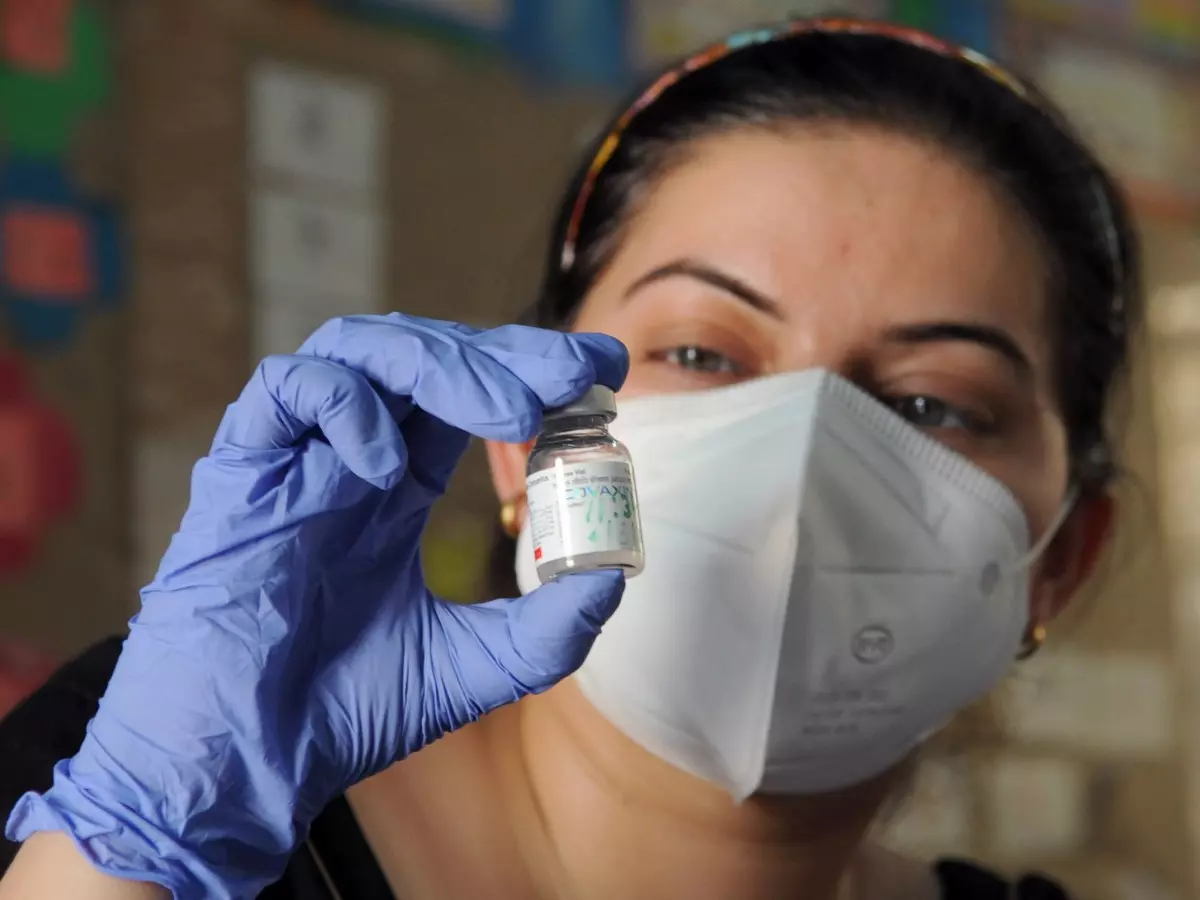No Need To Vaccinate People Once Infected By COVID, Say Health Experts And AIIMS Doctors
As the objective of the vaccination drive should be to control the disease, those who have been already infected should not be the priority, as they are naturally protected, the report suggested.

The Union health ministry's latest guideline said those who tested Covid positive should wait for three months after recovery to get vaccinated, as they have natural antibodies present.
However, now a group of public health experts, including doctors from AIIMS has recommended that there is no need to vaccinate people who had documented Covid-19 infection. This is in contrast to what the WHO and other experts have said till now.
 BCCL
BCCL
"There is no need to vaccinate people who had documented COVID-19 infection. These people may be vaccinated after generating evidence that vaccine is beneficial after natural infection. The overall objective of vaccination should be the control the disease at the population level," read the report, according to news agency ANI.
What do we know so far?
Here's all that we know so far:
- In the second wave of the Covid-19 pandemic, there have been instances of reinfections. AIIMS Delhi has conducted a study on breakthrough infection ¡ª infections after partial or full vaccination ¡ª which reveals that vaccination stops the reinfection to become severe, but it does not guarantee protection from reinfection.
 Reuters
Reuters
- A Lancet study on reinfection has said the risk of reinfection gets reduced for up to 10 months following the first infection. The study conducted by the researchers from the University College London is based on antibody testing of people who are previously infected and those who are not. The study was conducted in the UK.
- According to the Indian experts' report, there is not enough evidence that vaccine is beneficial after natural infection. "There is no need to vaccinate people who had documented Covid-19 infection. These people may be vaccinated after generating evidence that vaccine is beneficial after natural infection," the report said.
Who should be prioritised?
As the objective of the vaccination drive should be to control the disease, those who have been already infected should not be the priority, as they are naturally protected, the report suggested.
 BCCL
BCCL
In its report, IPHA and IAPSM said that vaccine supply to the rural primary healthcare institutions should be prioritised and recommended that vaccinating the vulnerable and at risk, instead of mass population wide immunization including children should continue to be the aim in its current phase.
Is it due to vaccine crunch?
Is the suggestion of keeping once-infected people out of vaccination for now influenced by vaccine crunch? Yes, the report clarified that the present situation of the pandemic in the country demands that prioritisation instead of opening it to all. "Moreover, we can conserve considerable resources if we exclude adults who have recovered from natural infection," it said.
 AFP
AFP
What are the risks with unplanned vaccination?
Further, they have also pointed out that vaccination of young adults and children is not supported by evidence and would not be cost-effective and said unplanned vaccination can promote mutant strains.
 Reuters
Reuters
"Mass, indiscriminate, and incomplete vaccination can also trigger emergence of mutant strains. Given the rapid transmission of infection in various parts of the country, it is unlikely that mass vaccination of all adults will catch up with the pace of natural infection among our young population," as per the report.
